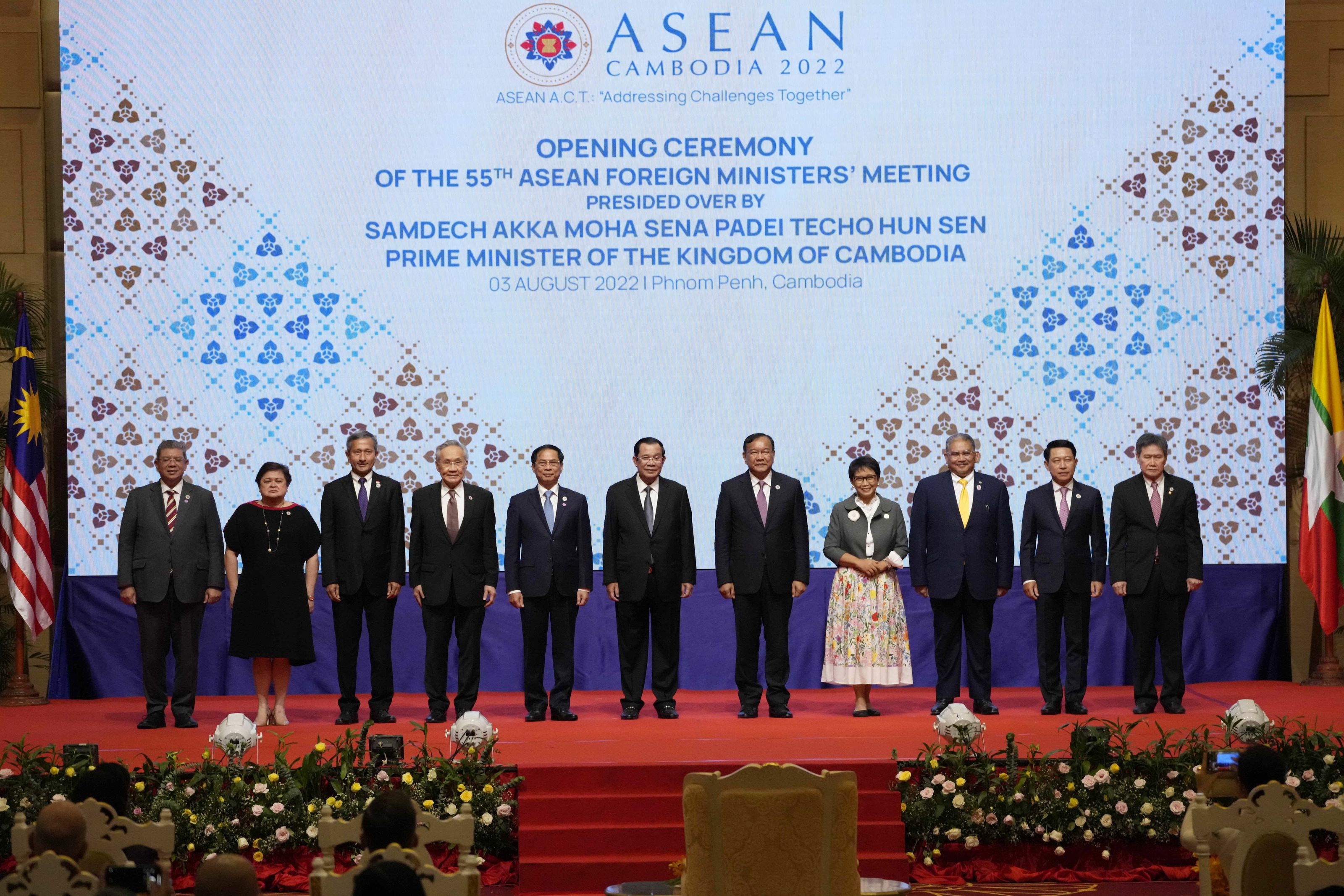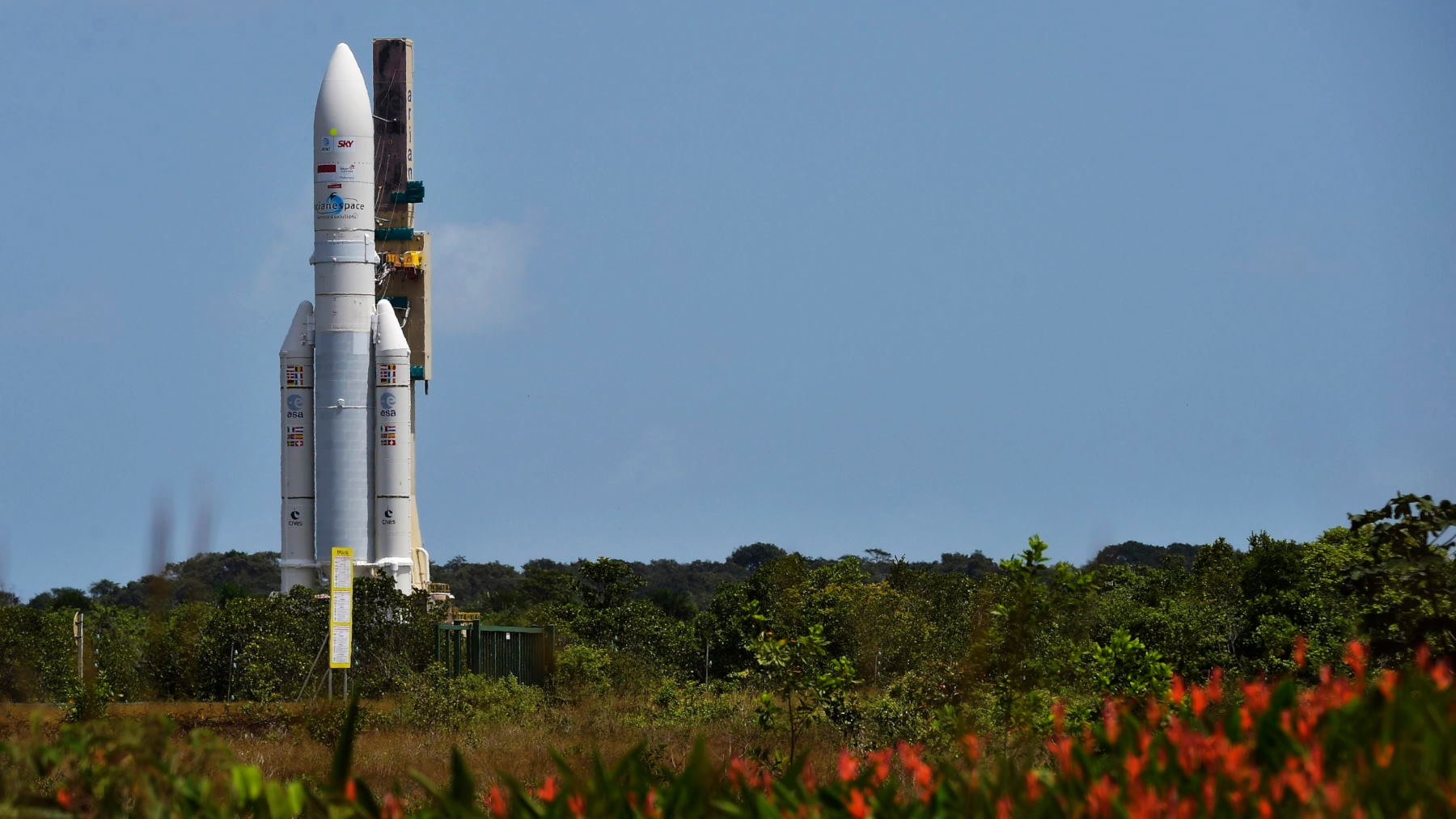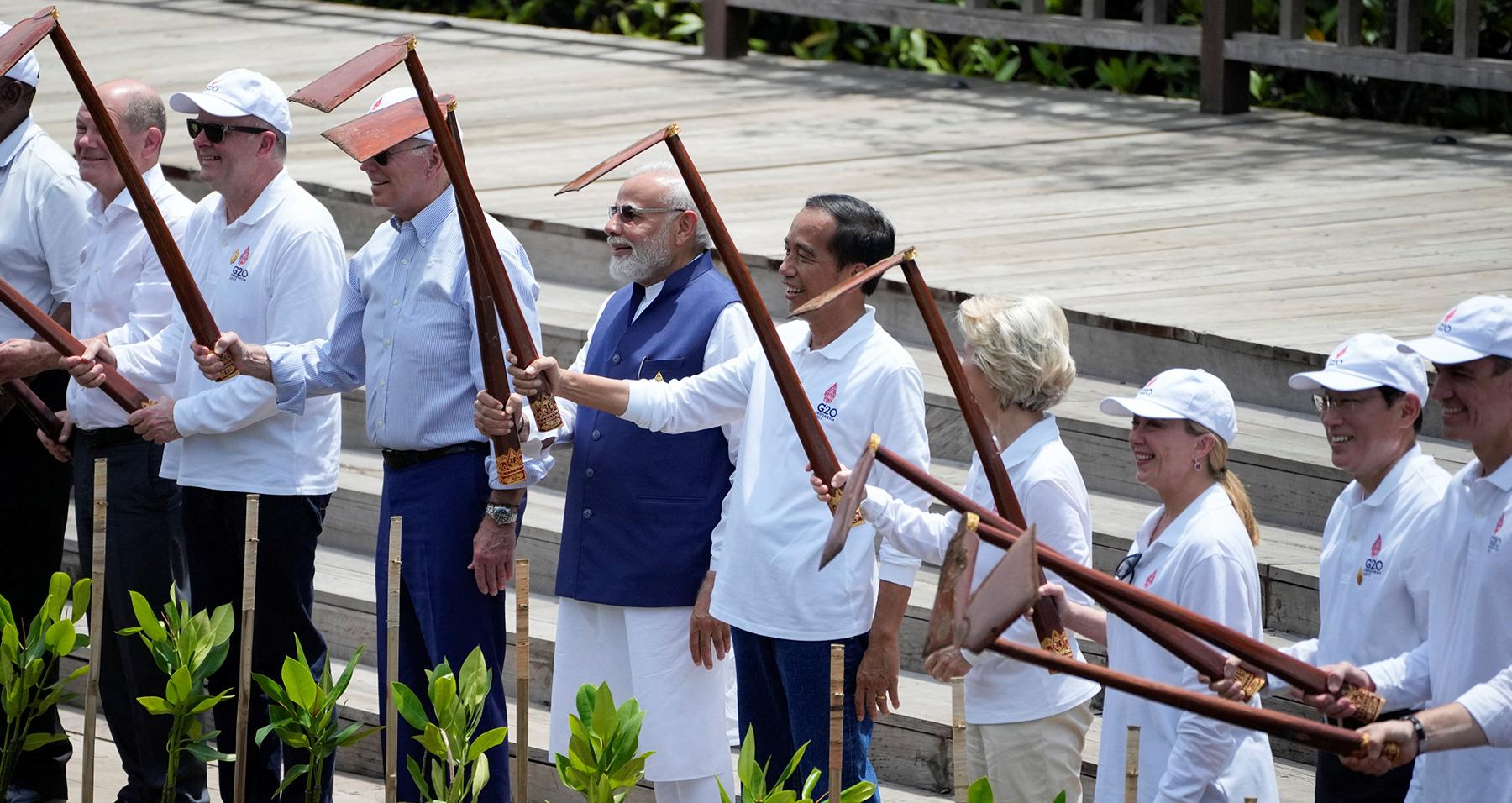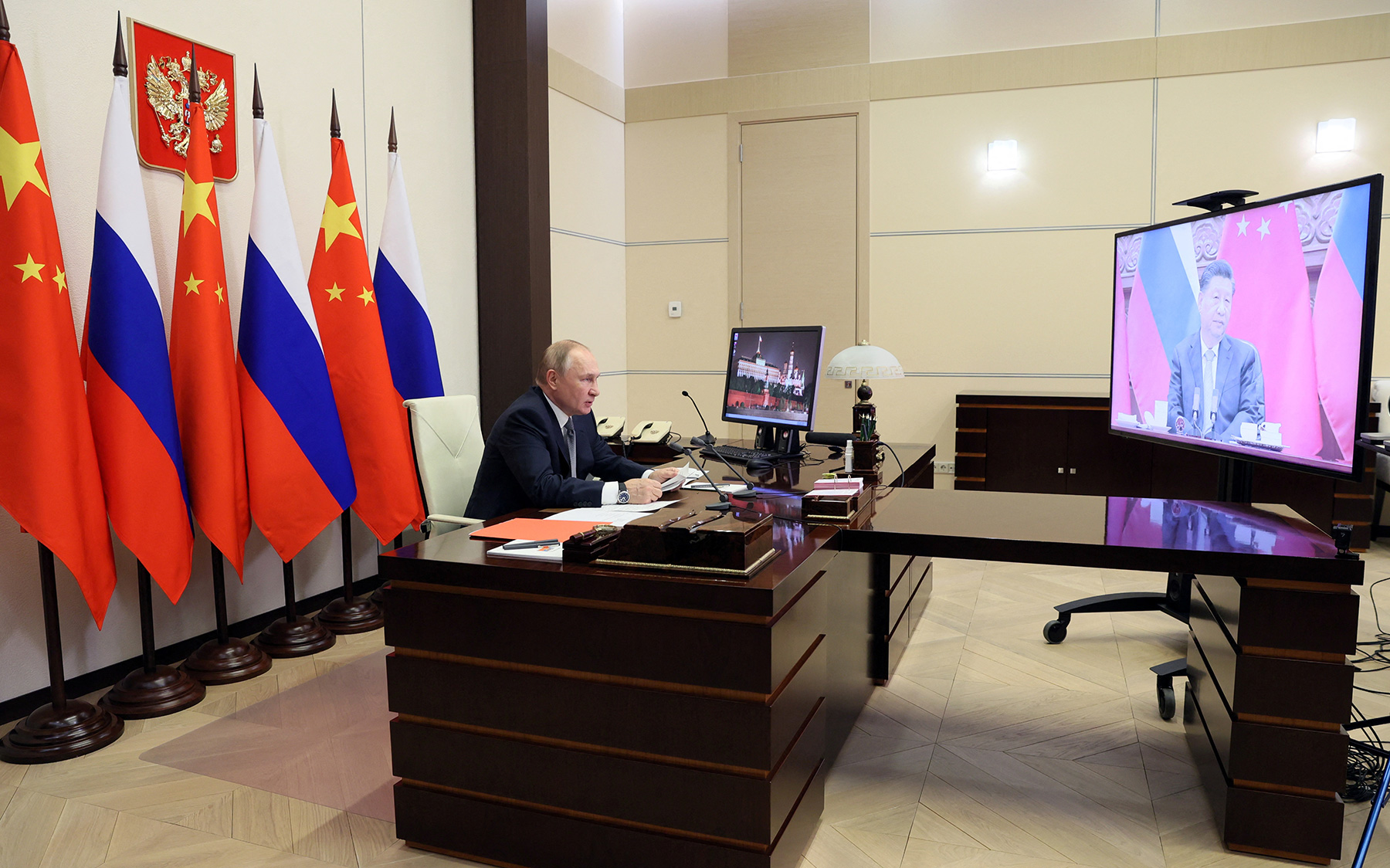Background of Indonesian new capital project
In 2019, Indonesian President Joko Widodo officially approved the province of East Kalimantan as the construction site of Indonesia’s new capital, Nusantara, to be located in a resort area rich in natural resources, between the island’s two largest cities, Balikpapan and Samarinda. The name Nusantara is common in Indonesian culture, designating the historical territory of the Majapahit Empire that exercised control over a large part of the Malay Archipelago in the 14th to 15th centuries. It is also a common self-designation for Indonesia as well as the name of the region inhabited by peoples of the Austronesian language family. The chosen name for the new capital may well be seen as a bid for Indonesia’s comeback to leading positions in the region, signaling the country’s aspiration for a higher profile in global affairs.
The plan calls for building the capital from the ground up, the cost of construction varying between USD 33 to 35 billion. Moreover, Joko Widodo supports the idea of erecting an eco- friendly “green” and sustainably “smart” city with zero emissions and convenient infrastructure, with 20% of construction outlay to be covered by the state budget, with the rest 80% coming in on the part of foreign investors.
The question of the capital relocation has been raised since 2017, though such plans had existed before, under Presidents Soekarno and Soeharto. The need to relocate the capital is precipitated by Jakarta’s overpopulation, infrastructure and environmental plight of that megacity, as well as the desire for a balanced socio-economic development of the country’s western and eastern regions. The political aspect, too, plays an important role here, since the Javanese elites have greatly influenced the political and economic life of the Indonesian people throughout most of Indonesia’s history, and Java remains both the most populous and economically developed region. Arguably, moving the capital to Kalimantan would help to overcome this imbalance.
For Indonesia’s president, this is a flagship project in terms of domestic policy and the country’s foreign policy image. Since his re-election in 2019, Jokowi has consistently promoted the idea of a technological revolution in Indonesia, encouraging opportunities for Industry 4.0, attracting investment from major global companies such as Toyota Motors, Tesla, SpaceX, Apple, Google, Microsoft, Samsung, TSMC, and others. Much attention is paid to joint ventures and the development of Indonesian national giants as well as MNCs in various fields.
In the wake of the July 2021 health crisis, Jokowi was criticized for the unrealistic nature of such a grand-scale project, but now we can see the political will to put it back on the agenda, which is crucial in terms of what “ideological” foundation is going to shape the social and political identity of Indonesians in the run-up to the 2024 elections. On February 15, 2022, the State Capital Law came into force, which stripped Jakarta of its status as the capital city, triggering the transfer of government agencies to the new capital, Nusantara.
The idea of Indonesia’s greatness as a global and regional actor, the bold relocation of the capital to Kalimantan, despite the pandemic’s economic repercussions and global challenges, definitely looks like a demonstration of stability within the state.
The new capital comes out as an “ideological” expression of the president’s anticipations and hopes for progress and a hi-tech future for his country. Nusantara is expected to resemble Washington, D.C., Putrajaya, or Metro Manila, that is, to be precisely a concentration of small government buildings, administrative, diplomatic, and residential quarters without heavy urbanization. At the same time, the pursuit of its “smartization” and sustainability reflects Indonesia’s new role as a leader in Southeast Asia’s “green” transition. The presidential palace in Nusantara is scheduled to be completed in 2024 and is designed as the centerpiece of further urban development. The government also hopes that a total of more than 4.8 million jobs will have been created in Nusantara by 2045, the centennial of Indonesian independence, in sectors such as technology, petrochemicals and renewable energy. The city’s infrastructure will supposedly be completed by that time, so that officials will be able to move there with their families.
To govern Nusantara, the Capital City Authority (Otorita Ibu Kota Negara Nusantara) with “hybrid” powers, combining the functions of a government agency and territorial authorities, was established in accordance with a special act passed on January 18, 2022. It is spearheaded by Bambang Susantono, Indonesia’s Vice-Minister of Transportation (2009-2014), while architect and businessman Doni Rahayu, one of the capital relocation program developers, was appointed as his aide.
The ambitious nature of this project notwithstanding, it largely hinges upon foreign investment, search of partners and translating all investment commitments into reality. Joko Widodo’s presidential term ends in 2024, which makes the implementation of his key domestic political plan the first order of business. Thus, among the priorities of Indonesia’s economic “post-Covid” diplomacy, the search for partners to build the capital is particularly prominent. Following the tradition of Indonesian diplomacy, all co-investors and stakeholders are treated on an equal footing.
Who is already on board?
Important political and economic partners of Jakarta—such as Australia, China, UAE, Saudi Arabia, the U.S., South Korea and Japan—have all expressed their interest in developing Nusantara. In 2022, Joko Widodo, among other things, relied on the G20 and B20 platform to promote the capital project among potential investors. In early 2023, Head of the Nusantara Capital City Authority Bambang Susantono, spoke at the WEF in Davos, where he also dwelled on the large-scale construction of residential quarters for civil servants, who will gradually be relocated to the new place.
Nevertheless, the situation with luring foreign investment is still unpredictable. For example, in March 2022, the Japanese investment conglomerate SoftBank exited the project. Japan Overseas Infrastructure Investment Corporation for Transport and Urban Development also refused to participate in the construction of the new capital city, although it was originally assumed that it is the Japanese smart city and transport management systems that will be used in the architecture of this city to raise the level of its automation through the Internet of Things.
The UAE remains a key partner, with a fund of more than USD 10 billion to develop bilateral cooperation. Sheikh Mohamed bin Zayed Al Nahyan, national president and ruler of Abu Dhabi, also joined the steering committee for the construction of the capital city, along with former British Prime Minister Tony Blair.
On the South Korean side, Hyundai Motor Group, as well as the Land and Housing Corporation of South Korea, also signed memoranda of understanding with the Nusantara Capital City Authority. Australia, for its part, has offered technical expertise for planning the new capital.
Major players such as China and the United States are also involved, but their participation has not been active so far. Thus, the U.S. Agency for International Development (USAID) remains one of the main operators of American investments in Nusantara, collaborating with the Capital City Authority to promote the implementation of smart and green technologies in urban development.
Chinese investment has largely been concentrated elsewhere in Indonesia rather than in Kalimantan—namely, in mining, oil, metallurgy and nickel industries. China has invested in a cement plant in East Kalimantan and has expressed interest in supporting the construction of an Indonesian industrial park in North Kalimantan. The state-owned China Railway Construction Corporation is also interested in developing Nusantara’s transportation system, but Chinese investors have not tried things out so far, partly due to the lack of a clear development plan for the new capital, which is in the process of being drafted.
The only potentially major project with Chinese participation is a housing construction project in Nusantara, more than USD 2.7 billion worth, on the part of the Chinese construction company CCFG-RBN. The Capital City Authority is also considering South Korean firm Korea Land and Housing Corp. as a contractor, much as the bids from local developer PT Summarecon Agung.
Chinese participation in this kind of initiatives has been widely politicized, including out of fears of disproportionate Chinese presence in Kalimantan’s resource development and in the development of the new capital city, which some political factions believe might threaten the national economic security and jobs for Indonesian citizens.
Among the nations of Southeast Asia, Malaysia has expressed keen interest. During a two-day visit, Malaysian Prime Minister Anwar Ibrahim agreed with President Joko Widodo to joint cooperation in the development of the future capital and the island of Kalimantan at large, as the island is home to the Malaysian states of Sabah and Sarawak.
Among the potential investors is Taiwanese MNC Foxconn, which the Indonesian side has attracted to develop renewable energy technology solutions.
What will potential investors gain?
Despite the interest of many powers in the development of Nusantara, no specific commitments have yet been assumed by the parties. On the one hand, this opens up great opportunities for developing cooperation, but on the other hand, it signals potential partners may leave if there’s dragging on with working out solutions “on the ground”.
Meanwhile, the Indonesian government is not standing still, finalizing a regulation that offers a number of fiscal and non-fiscal incentives for foreign investors in Nusantara, including 30-year tax remissions for investments in utilities and infrastructure, tax deductions for research and scientific development in Nusantara, and 20-year tax benefits for investments in tourism, conference halls, exhibition centers and hotels in the new capital. Non-fiscal support measures include facilitating the import and export of materials, simplified procedures for obtaining business licenses, availability of land for real estate development.
Can Russia participate?
On January 5, 2023, Indonesian Ambassador to Russia Jose Antonio Morato Tavares officially announced in an interview to RIA Novosti that Indonesia invites investors from Russia to participate in the construction of the new capital Nusantara on the island of Kalimantan. This position reflects the Indonesian side’s interest in Russian companies to be involved in the project. Earlier, in the summer of 2022, the Russian ambassador to Indonesia, Lyudmila Vorobyeva, also informed that Russia was invited to join the capital relocation project.
In the midst of Western sanctions and the touted “pivot to the East,” Russia’s participation in the construction of Indonesia’s new capital seems more than beneficial from political and economic perspectives, since Russian companies, including large state corporations, can gain access to a long-term construction program that will most certainly enjoy the support of a friendly state. The principles of public-private partnership in Indonesia are quite similar to Russian cases, where the interests of national corporations are promoted, including with the support of government agencies.
In case of political agreement and mutual negotiations between the relevant ministries and authorities on both sides, Russian companies will be able to fill the existing niche. Of course, to support such agreements, not only diplomats, but also experts and representatives of civil society will have to be actively involved.
In Indonesia, there is quite a lot of interest in Moscow’s experience of building transport and smart urban infrastructure. Here, there is an opportunity for negotiations between the Nusantara Capital City Authority and the Government of Moscow. Prospects are obvious for the state corporations such as Rosatom, Rostec and Roscosmos, as plans for the construction of a green and smart city include the technology to control the transport infrastructure, Internet of Things, space technology, the construction and power supply systems of the capital city or future economic zones around it. Given that Japanese investment companies have withdrawn from the project, Russia can fill the resulting vacuum.
Notably, the state Russian Railways company has already signed a number of agreements with the Indonesian side. For example, in 2018, the Russian and Indonesian transport ministries agreed to prepare a roadmap for joint transportation initiatives, including the plan of building a railway line and related infrastructure on Kalimantan Island. At the meeting with Indonesian President Joko Widodo in Moscow on June 30, 2022, Russian President Vladimir Putin separately emphasized the continuing interest of the Russian side in the delivery of this transport project, given that it could be of use for the ambitious initiative of the Indonesian leadership to move the capital to the island of Kalimantan.
Are there any risks in the midst of the international crisis?
Although Western sanctions against Russia and the general state of conflict in the system of international relations seriously hamper competition with the above-mentioned powers for participation in the Indonesian capital city development project, Indonesia is able to protect the interests of investors. Since its inception, the country has adhered to the principles of an independent and proactive foreign policy, as well as peacemaking diplomacy, which involves promoting the resolution of global conflicts through cooperation with all stakeholders and regard for their vision of challenging issues on the global agenda.
However, we should not forget that Indonesia is an active participant in the global economic and financial system, and its economy is also threatened by direct and indirect sanctions, which can act as an instrument of putting pressure on Jakarta. That said, close bilateral cooperation, consistent negotiations, mutual interest and concrete proposals from both sides can prepare companies for potential risks. It should also be remembered that Russia is not the only owner of high technology and infrastructure solutions, and the Indonesian side is careful as it reviews the companies’ capabilities, experience as well as the quality of their products and services.
Among the vulnerable points of interaction between Indonesia and its partners is the lack of feasible bids and the cautious position of investors, who either wait for more favorable conditions of involvement in the construction program, or for pioneers capable of transforming their venture capital into urban facilities. The experience of Russian state corporations in the construction of any turnkey infrastructure facilities with subsequent support could be of particular use here, as a ready-made solution will save a lot of time, increasing the investment attractiveness of the project for outside observers, which is beneficial to the Indonesian side as well.
***
Thus, a rather promising economic project of the new Indonesian capital, Nusantara, remains more of a political initiative at this stage, supported by the current Indonesian government led by President Joko Widodo. For his part, he sees the relocation of the capital as the main domestic political outcome of his two presidential terms and intends to launch and partially build key facilities of the city in the run-up to the elections of 2024. Despite a significant interest of investors from partner countries, companies tend to opt for a wait-and-see approach, entering into memoranda of understanding and working out the potential projects carefully.
Some withdraw from construction endeavors, as was the case with Japanese investment companies, but there remain those who support it or are partially involved in some or other initiatives. For Russia, given its technological, economic and resource potential, participation in the construction of Nusantara seems beneficial as it may show the country’s interests in Southeast Asia as well as in strengthening the political and economic relations with Indonesia. The latter is also interested to involve Russian companies in the construction of its new capital.
Indonesia’s international position, its credibility in regional and global affairs in the light of its successful G20 presidency in 2022 and the ASEAN presidency in 2023, make this country a reliable partner in the delivery of projects, including major economic initiatives. Given the ongoing sanctions pressure and the need to transform Russia’s economy, the program to build the Indonesian capital of Nusantara looks attractive, provided all international risks are handled together with the Indonesian side.
We can only hope that the new capital of Nusantara will be built in accordance with the ambitious plans of the Indonesian leadership to shine as the leading green and digital economic hub of Southeast Asia, despite the economic and political challenges at home and abroad.








